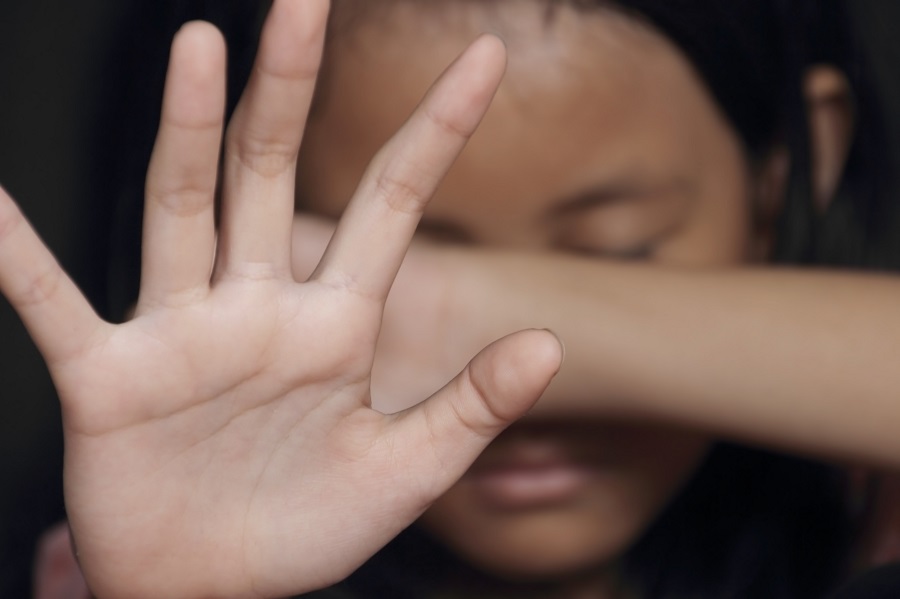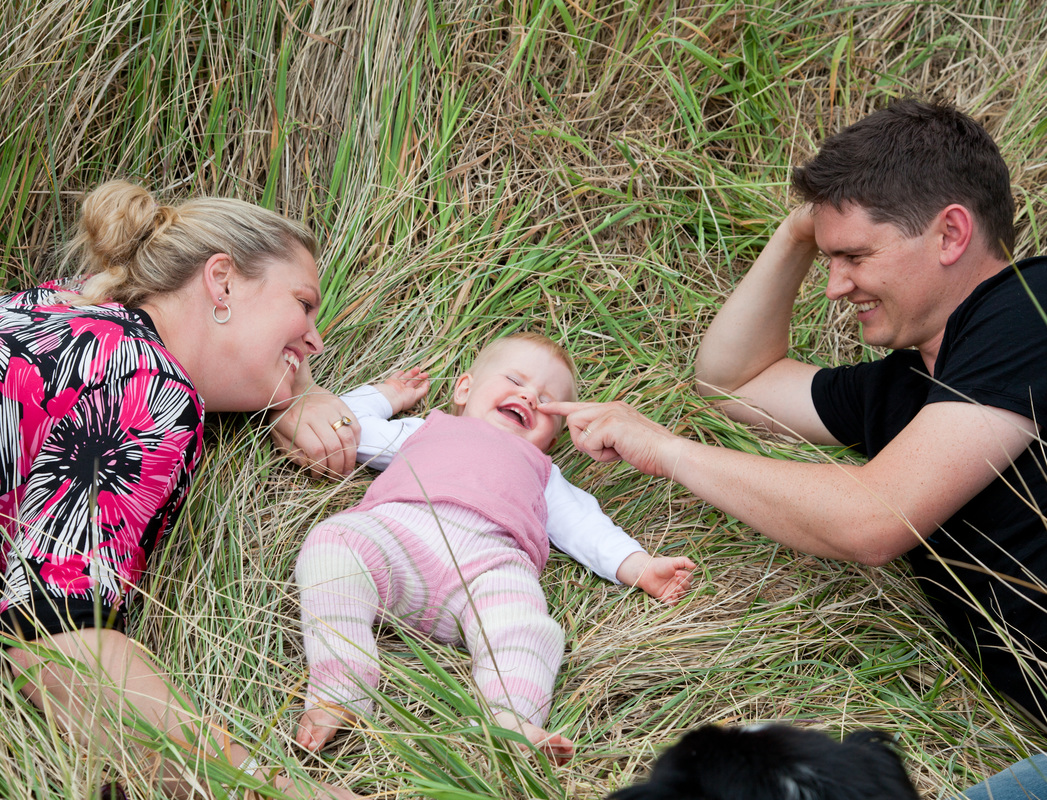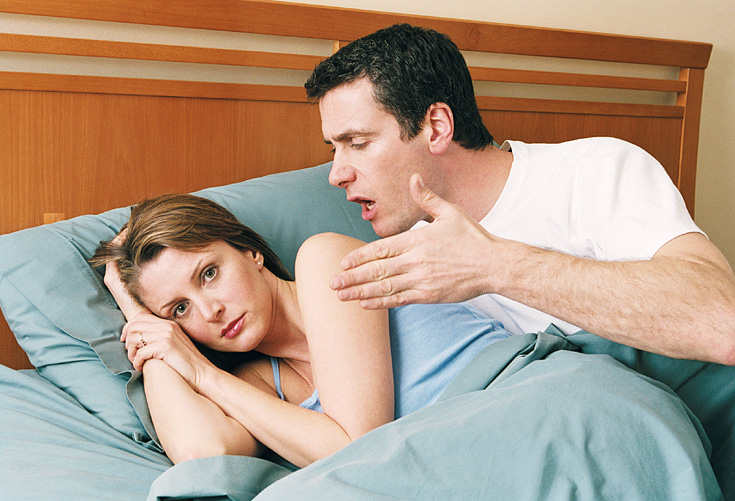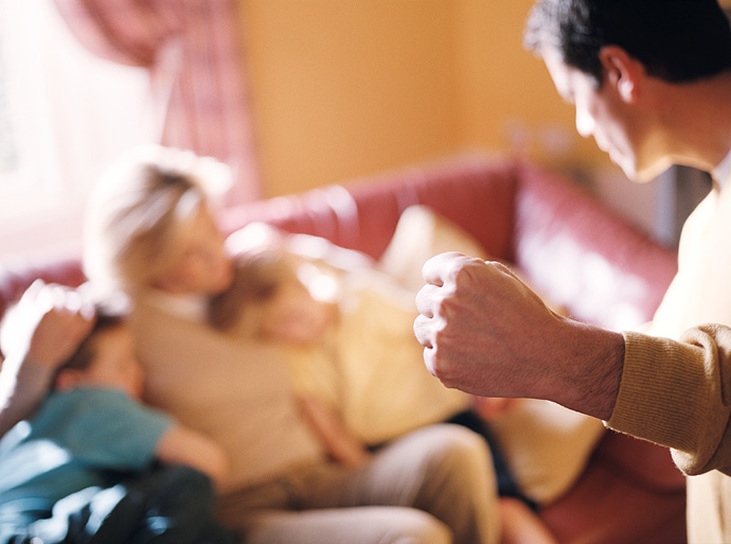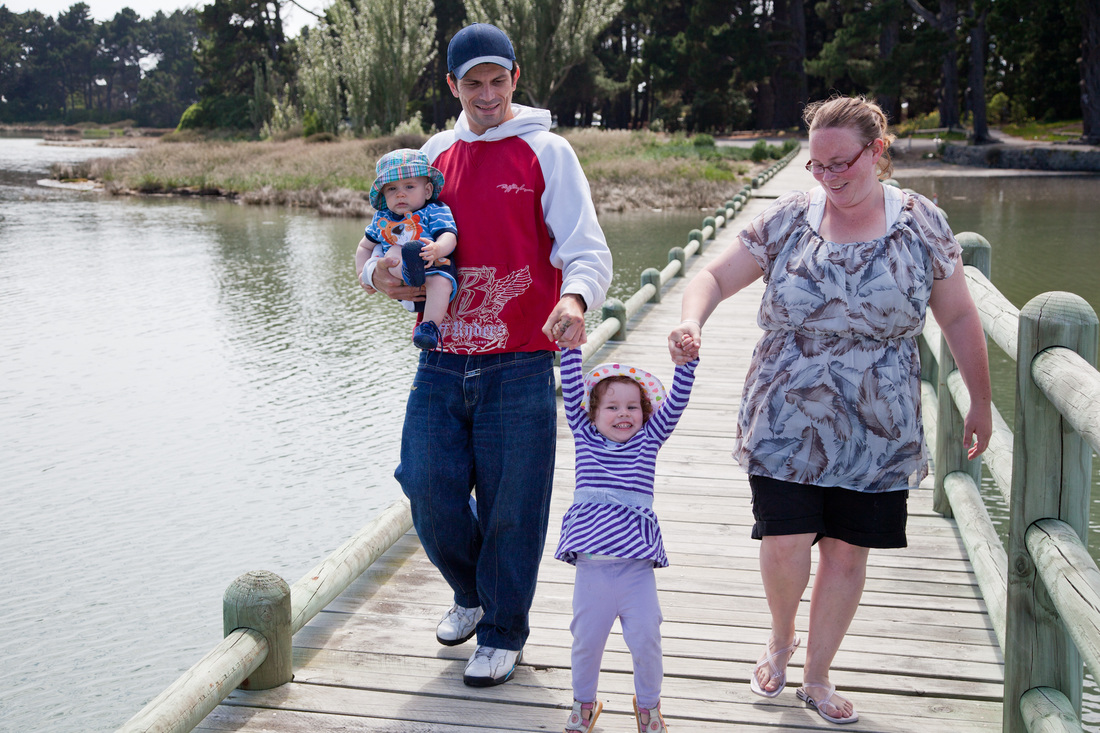Not all abusive relationships involve physical violence...
When people talk about family violence they are often referring to the physical abuse of a spouse or partner. While physical injuries are the most obvious not all abusive relationships involve physical violence. Psychological abuse, by default, also occurs when there is intimidation, threats and physical violence. It can also exist in a relationship where controlling behaviour and emotional abuse are common place but never escalate into physical harm. Regardless of whether there is physical abuse, the outcome of emotional abuse is severe and impacts on the self-worth of the victim. Unfortunately emotional abuse is often minimised or overlooked even by the person being abused. So how do you know if you are... A victim yourself? And/or Someone who is abusive within their relationship?
0 Comments
There are a number of key ideas discussed within this site... 1. Responsibility The first idea is 'responsibility'. In my view responsibility is the ability to respond to situations that we find challenging and distressing. Throughout this site you will find a lot of material around developing skills that will help you to respond respectfully and safely in situations that are tough to manage. One of the key responsibilities we have as men within our relationships is to ensure everyone is safe and that we do not increase worry and anxiety in others. Ask yourself the following question at any time to test this out... “Is my behaviour creating worry and anxiety in others... or
is my behaviour creating safety and well-being?”
Jealousy is a feeling that arises from suspicion, apprehension, fear of unfaithfulness, or fear of being replaced by someone.
Jealousy can serve several functions in a relationship including…
Jealousy becomes a problem when it is connected with possessiveness. Men often assume that they should be in control of the family, and assume that they have control over others. From the history of men’s ownership and control over women and children, this is not at all surprising. It is not unexpected that men will struggle with the notion of allowing women the freedom to be their own person.
Very early on men learn not to express the strong basic emotions of fear, sadness, or shame, because of many experiences of being ridiculed if they did.
How many times have you been told ‘Don’t be a girl’ or something similar if you acted in a ‘non-male’ way or showed any of your gentler emotions? How many times did you hear ‘Big boys don’t cry,’ robbing you of your ability to fully grieve over the sad times in life… the death of close friends or family, relationship break-ups, the loss of a job, and so on? The old rule book way to deal with these powerful feelings is to switch into power-taking behaviour rather than risk fronting up to feelings of vulnerability. The rule that says ‘men don’t have emotions,’ combined with the strong urge to feel okay, invites men to move into the mode of self-righteous anger (which is not one of the basic emotions - but a secondary emotion - see the diagram below). This might make you feel good in the short term but will have a disastrous impact on those around you. While self-righteous anger may feel good in the short term, very soon you are back with your old feelings and the pattern starts again.
What would be the implications of the following belief that men often hold...? My partner has no right to criticise me! The thinking behind this is usually that ‘she has faults, so how does she have a right to criticise me’? Is there anyone who is truly above criticism, who can walk on water and always does the right thing? How will we know what to change unless we are willing to hear criticism?
To check whether you are genuinely open to criticism identify one criticism that you hear quite often from your partner or someone else close to you. It’s important to identify a genuine criticism.
"Safety first” is a good concept.
Many men find the idea of ‘time out’ useful as the most effective and immediate way of ensuring safety. Time out creates a safe zone for everyone and gives you time to sort out what is going on for you. As you get better at identifying the feelings, beliefs and attitudes that drive your behaviour, you will find you don’t need to rely on this strategy as much. In the meantime though, time out is very important. Taking a ‘time out’ is not the same as staging a ‘walk out.’ Many men stage a ‘walk out’ during an argument or fight, leaving the other person unsure about when and if they will come back and what sort of mood they will be in when they return. This is unfair and disrespectful to the people involved. While a ‘walk out’ may be used with the partial intention of creating safety, it shows confused motives. The man may also be hoping to punish his partner for disagreeing by leaving her in a state of fear and uncertainty. In effect, a ‘walk out’ is saying, “I refuse to listen to you”, and is therefore a dangerous tactic that fails to convey a clear message that your aim is to create safety. A walk out is a cop out!
“Why do people act the way they do?”
This is a commonly asked question when trying to understand behaviour. A much more useful and helpful question to ask is… “What stops me acting differently, and what is blocking my ability to change?” It can be very difficult giving up a behaviour that you may have been doing for a long time. It raises questions about the values or beliefs that underpin and maintain your behaviour. Besides, there may be definite short-term payoffs for continuing some behaviours right? These payoffs of course need to be balanced with the costs. The pattern of abusive behaviour that Frank is expressing in the following story had others feeling afraid of him. His relationship was about to end and he was doubting his ability to change. Frank (aged 35) tells his story…
If you are here you are either struggling or know someone who is struggling with abusive practices. Over the past 30 years I've worked with literally hundreds of men who have struggled to overcome the lesson they learnt in their families which is...
“Abusive practices are okay and work to get you what you want.” I want to say that despite the messages we get as men that 'using abusive practices is okay', abusive practices are bad news for everyone and impact on everyone involved in negative ways. The good news is that these are learned behaviours and with persistence and effort it is possible to overcome these and have a good life. A good life has huge benefits for us as men and for all of the other people in our lives. |
